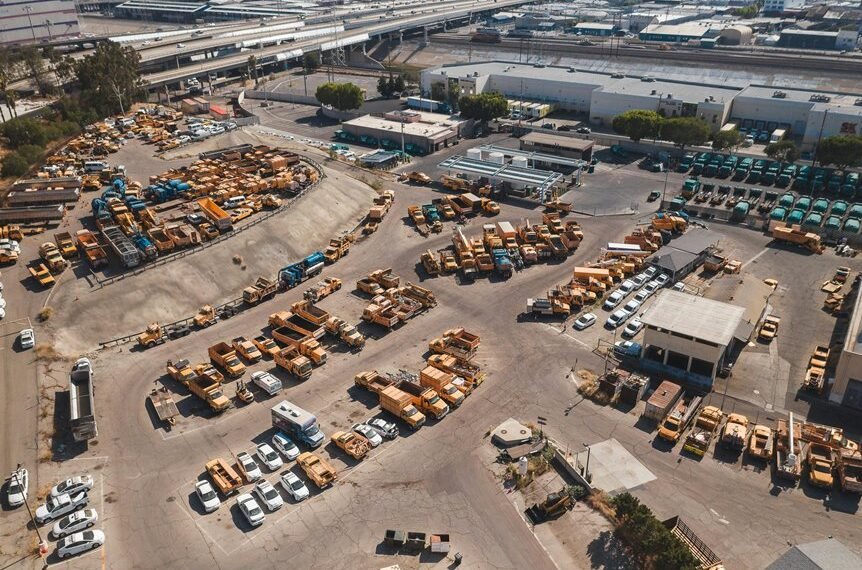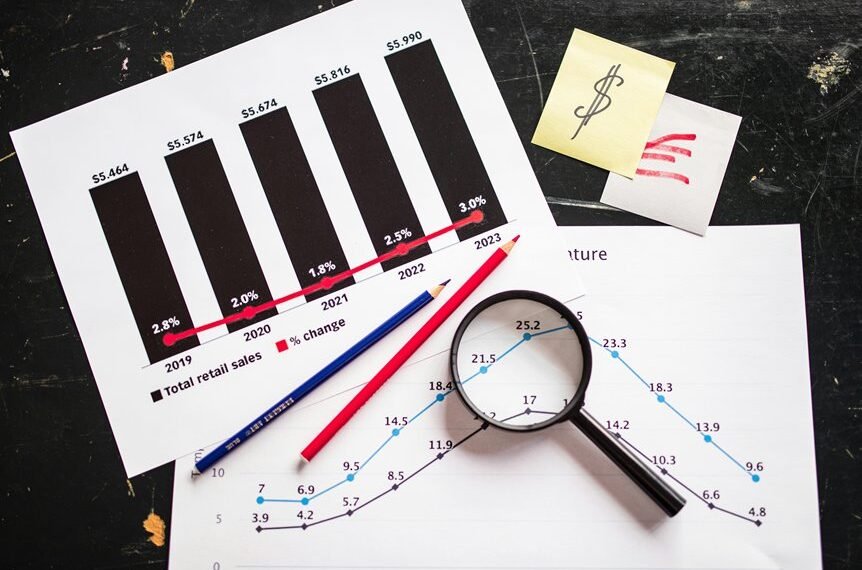Introduction
Artificial Intelligence (AI) is no longer a futuristic concept—it is already embedded in our daily lives, from chatbots on websites to predictive algorithms in online shopping. But beyond convenience, AI is reshaping the global workforce. Automation, robotics, and intelligent systems are changing how jobs are performed, creating both opportunities and challenges. Understanding AI’s role in the future of work is essential for businesses, governments, and individuals.
The Rise of Automation
Automation is at the heart of AI-driven change. Machines are now capable of performing repetitive tasks with greater efficiency than humans. In industries such as manufacturing, logistics, and retail, robots and software systems are replacing human labor in routine activities.
Benefits of Automation
- Increased Efficiency: Machines work 24/7 without fatigue.
- Cost Reduction: Businesses save money by reducing human error and optimizing processes.
- Productivity Gains: Companies can redirect human workers to more creative and strategic roles.
AI-Driven Jobs: Creation vs. Elimination
A common fear is that AI will eliminate millions of jobs. While some roles will disappear, new opportunities will also emerge. For example, the demand for data scientists, AI specialists, and machine learning engineers is skyrocketing. Additionally, roles in AI ethics, cybersecurity, and system maintenance are becoming critical.
Jobs at Risk
- Data entry clerks
- Telemarketers
- Routine assembly line workers
Emerging Jobs
- AI trainers (helping machines learn)
- Robotic process automation managers
- AI ethicists and auditors
Reskilling the Workforce
To adapt to an AI-driven economy, reskilling and upskilling are essential. Governments and organizations are already investing in training programs to prepare employees for jobs of the future. Lifelong learning, coding bootcamps, and online education platforms are critical tools for workforce transformation.
Education’s Role
Educational institutions must shift from traditional models to digital-first learning, focusing on problem-solving, creativity, and adaptability. Skills like critical thinking and emotional intelligence will remain irreplaceable by machines.
See also: The Future of Technology: Innovations Shaping the Next Decade
Human-Machine Collaboration
The future of work is not about humans versus machines but about humans working alongside machines. AI can handle data-heavy tasks while humans focus on creativity, empathy, and leadership. For example, in healthcare, AI helps doctors analyze scans, but the final decision-making requires human judgment and compassion.
Ethical and Social Implications
As AI spreads, ethical concerns arise. Algorithms may contain bias, leading to unfair hiring practices. Surveillance systems powered by AI raise privacy concerns. Governments must create policies that regulate AI’s impact on society, ensuring fairness and accountability.
Conclusion
Artificial Intelligence is transforming the workplace in ways never seen before. While some jobs will vanish, new roles will emerge, requiring fresh skills and adaptability. The key lies in reskilling workers, embracing human-machine collaboration, and ensuring ethical practices. If managed responsibly, AI will not just replace jobs but create a more efficient, creative, and innovative workforce for the future.



